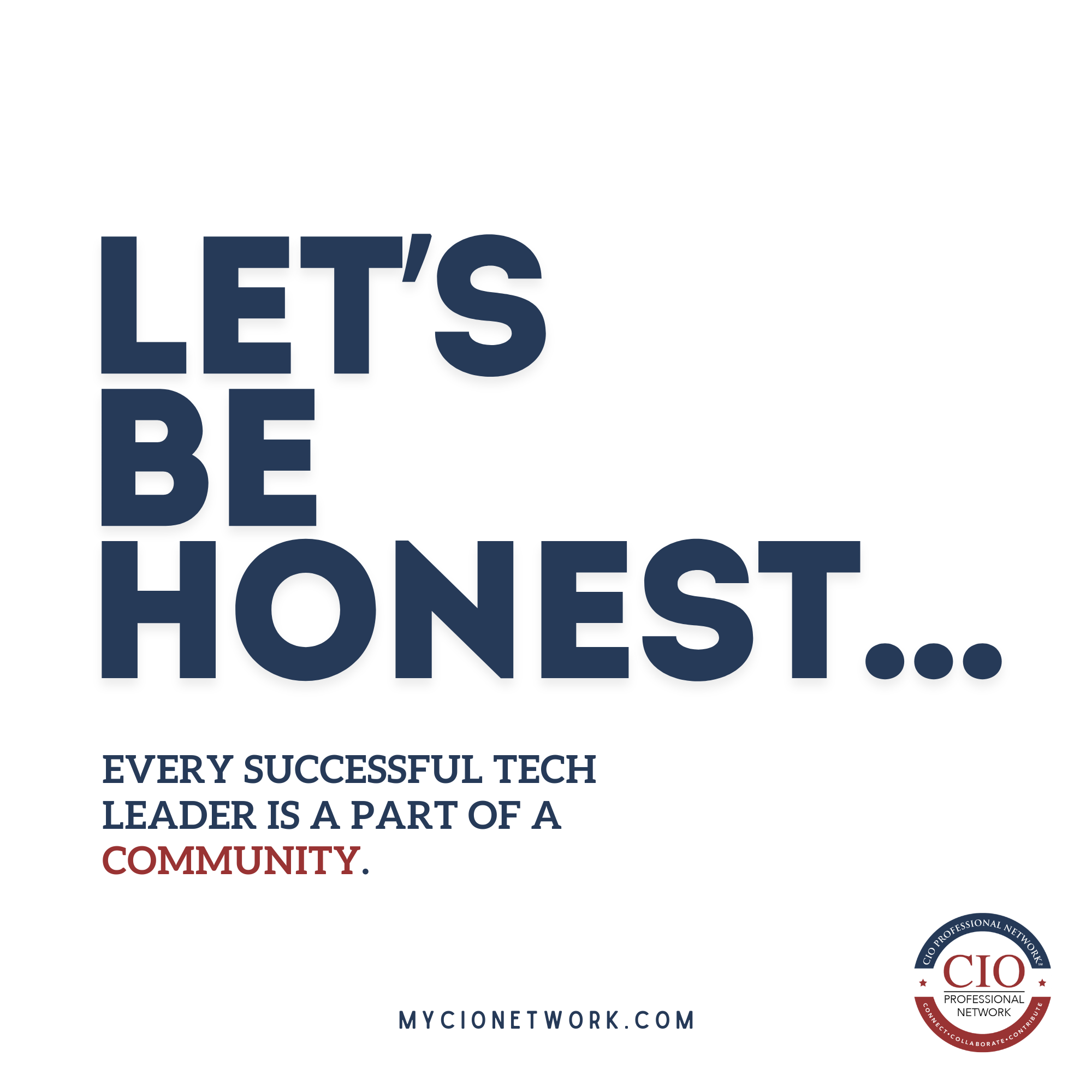Dear Mike:
I’m hoping you can offer some perspective on what’s proving to be a very frustrating job search.
For the last 10 years, I’ve been leading a consulting firm that I helped grow from a boutique practice into a team of consultants working on high-impact transformation projects. We’ve done well, really well, actually, but I’ve hit a point in life where I’m ready to return to a full-time corporate CIO role.
I miss being fully embedded in a single organization, driving long-term strategy, and building teams that stick around after the project ends.
My background includes stints as a CIO, including leading a $100M company through a massive operational overhaul. I’ve built roadmaps, led digital transformations, negotiated seven-figure contracts, and coached teams through some very complex environments. On paper, I should be a great fit for a mid-market company or a PE-backed portfolio firm looking to modernize.
Here’s the problem: I’m running into a wall of silence.
Despite having my resume walked into companies by friends and recruiters I’ve worked with for years, I’m not getting callbacks, not even for roles that seem like a perfect fit. I haven’t even landed interviews. My resume is solid, my network is active, and I’m not demanding some astronomical salary. But it feels like I’m being disqualified before I ever get a chance to talk.
Is it my age (57)? Is it that I’ve been consulting for too long and now look like an outsider to traditional hiring paths? Is it that my resume says “CEO” and they assume I’m not interested in being a CIO again? Or is it all of the above?
I’d love your honest take on what’s going wrong, and more importantly, how I can fix it.
Thanks,
Chuck
_______________________
Hi Chuck,
Thanks for writing, and for your candor. You’re not alone. A lot of accomplished executives are finding that decades of experience don’t automatically open doors like they used to.
Let me get straight to it: the market isn’t rejecting you, it’s rejecting the signal your resume sends.
Here’s what I mean: Recruiters and hiring managers, especially the junior ones doing initial screens, are scanning for keywords and quick hits. When your resume says “CEO” for the last 12 years, even if it’s of a consulting firm, they assume (often incorrectly) that you’re overqualified, not interested in day-to-day work, or too expensive.
And unless the job specifically says “CIO with CEO experience preferred,” you’re filtered out before you even get a chance to explain.
That doesn’t mean your background isn’t valuable, it just means you need to package it for today’s market.
Here’s what I’d recommend:
Own the Age Conversation: You’re 57. That’s not a bug; it’s a feature, if you position it well. Don’t wait for people to wonder if you’ll retire soon or be too expensive. Say it first: “I’m looking for a place to invest the next 8-10 years. I’ve done the startup, consulting, and CEO thing. I want to go deep, not broad.”
Reframe Your Current Role: Update your LinkedIn title and resume to highlight your hands-on CIO work. Something like “CIO-in-Residence | Strategic IT Transformation Leader” signals relevance without deception.
Tailor, Tailor, Tailor: Your resume shouldn’t be a historical archive, it should be a marketing document. Focus each version on the role you want, not the roles you’ve had. If that’s CIO, then every bullet should scream, “I’m a CIO who delivers results.”
Lead With a One-Pager: Before sharing a traditional resume, send a one-page project portfolio. Show, don’t tell. Outline transformative results, cost savings, and leadership outcomes. This breaks through recruiter fatigue.
Widen the Net, Narrow the Ask: Mid-market companies and PE-backed firms are where transformation CIOs are needed most. That’s your sweet spot. Focus 80% of your outreach there. And when you do, don’t sell yourself as a “former CEO who can also CIO.” Sell yourself as “a CIO who knows how to drive growth”.
Of course, shifting the narrative isn’t just about adjusting your resume or LinkedIn. It’s about how you show up in every conversation. Which brings me to one final thought:
You’ve been a CEO, a COO, a CIO, you’ve worn a lot of hats. But when you walk into a room looking for that next opportunity, don’t try to wear them all at once. Lead with the one that fits their need, not your full résumé. Speak their language, not just your experience.
And stay humble. Not performatively, but intentionally. Because at this level, people don’t need to be impressed, they need to feel like you’ll make their life easier, not more complicated.
You’ve got the depth. What matters now is the clarity and posture you bring to the next conversation.
Mike
_______________________
TNCR Community – what advice would you add to this thread? Do you have a perspective that you can share? Have a career question for Mike? Email him directly at mike.burgett@burgateglobal.com






